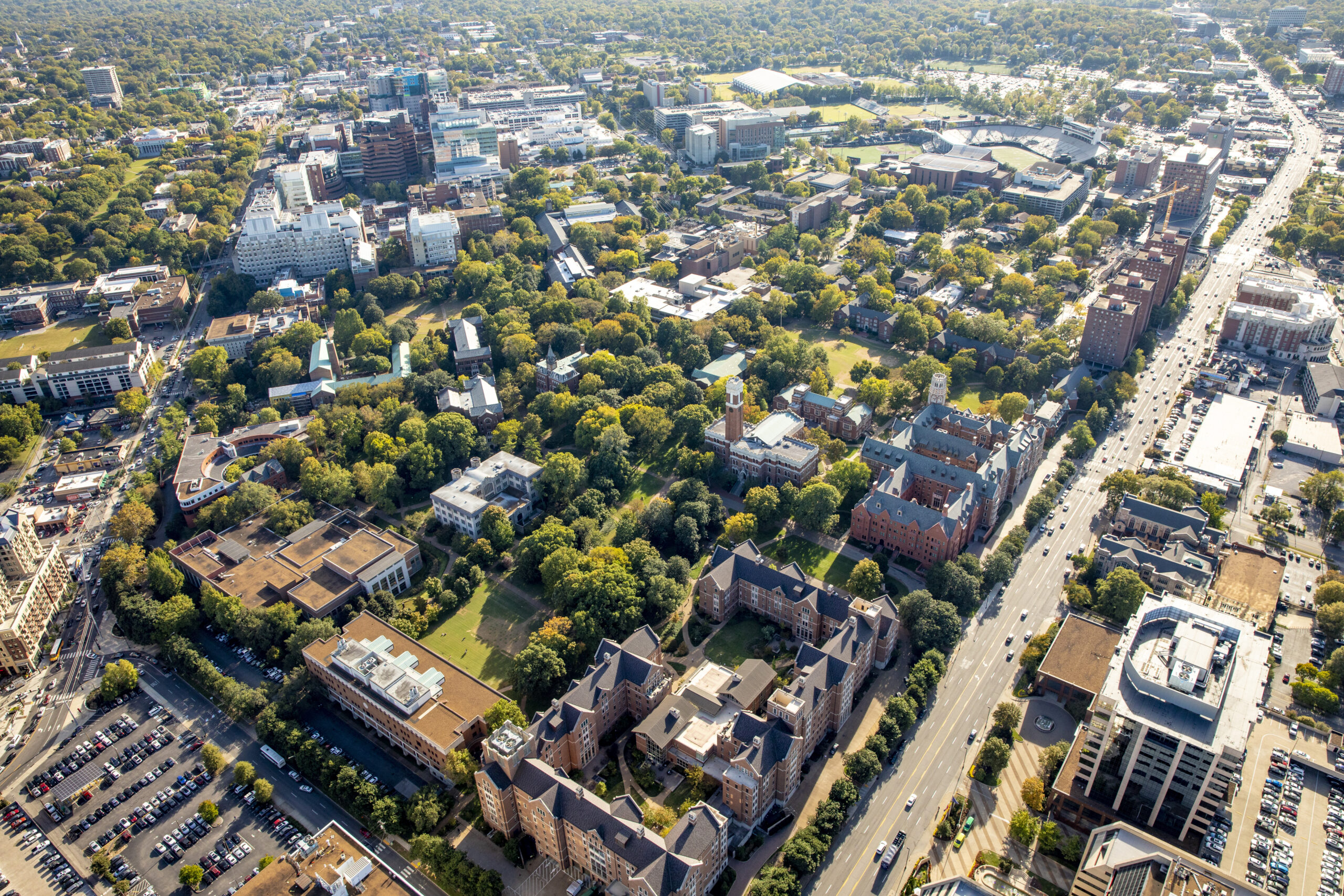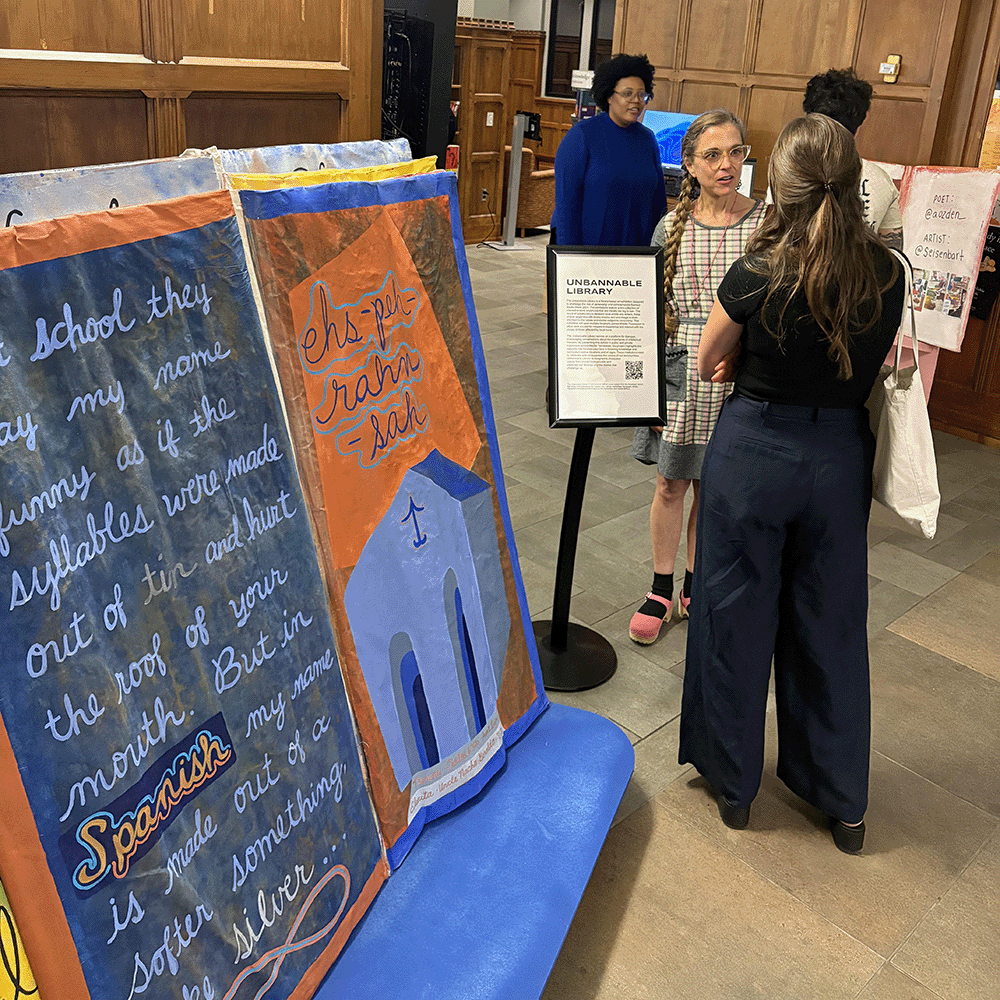Through the Community Engagement Collaboration Fund, Vanderbilt Community Relations seeks to support collaborations between local community organizations with Vanderbilt engagement to address a local community opportunity or need.
The funding program is designed to create, expand, or facilitate collaborations, initiatives, projects, joint research endeavors, or outreach between Vanderbilt and its Nashville community partners.
Funding will support efforts that bring interdisciplinary or cross-campus partners together and demonstrate clear inclusion of community voice and engagement. At Vanderbilt, we believe community engagement is best accomplished and sustained through cross-disciplinary partnerships between Vanderbilt and community organizations. We believe that radical collaboration fosters holistic solutions to complex issues, promotes a culture of innovation, and establishes a foundation of trust, ensuring enduring impact on community well-being. This fund’s development aims to facilitate such community-engaged collaboration.
Award amounts vary based on need and project. All full-time, VU-employed staff and Provost-reporting faculty are eligible to apply.

